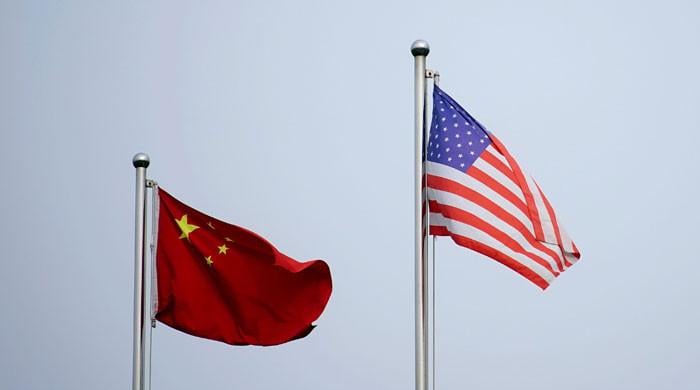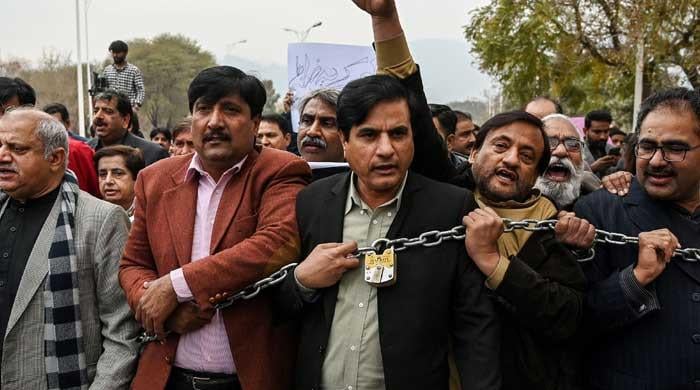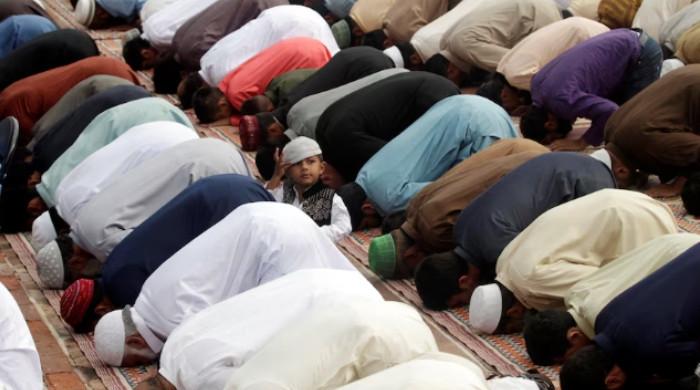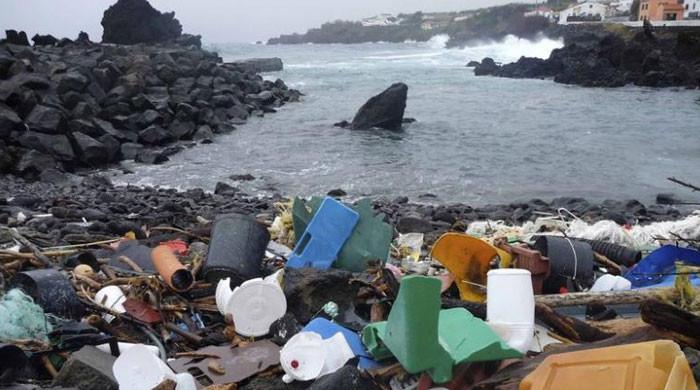The PML-N’s response to the JIT is predictable
For the Sharif family, all is at stake – their business empire, their honour, their politics and their legacy.
June 06, 2017
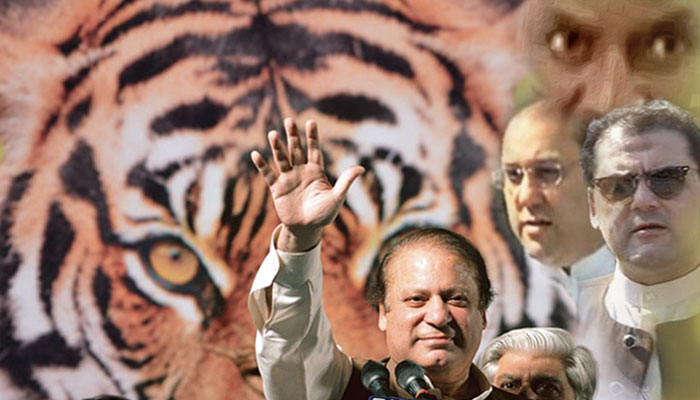
If there is one political party in Pakistan, which can write its recent history around the process of investigations, through Joint Investigation Teams (JIT), it will have to be the Muttahida Qaumi Movement (MQM).
That is before it factionalized into splinters.
Over the course of time, the MQM felt done in by the establishment and they were not entirely wrong. But the party supremo, Altaf Hussain, had led his workers into an existence of crime, extortion and politics. Finally, a committed clean-up operation was able to bring about some sanity in how the party conducted its business in Karachi. But that was not all. Here is where the JITs helped as well. They helped in exposing the macabre and enabling some freedom to the people from a coercive hold of the party apparatus over them.
Over in Punjab, the Pakistan Muslim League led by Nawaz Sharif has also faced such stern tests during its life, and one has entailed a JIT. This despite the fact that the institutions have generally kept a kind eye on Sharif’s party. Though Pakistan’s political culture and its social mores have a lot to do with how the PML-N has fared in our sociopolitical milieu.
In most cases, influence borne out of money or power is sufficient to keep accountability at bay. Sharif has hugely benefitted from such institutional inadequacies. He has also been blamed for deliberately weakening the government institutions and neutering them with power exercised through position and money.
So then, why has a Joint Investigation Team formed to probe the Panama paper’s trail become such an acute concern for the party and its leaders?
The institutions are the same. But the environment, on the other hand, has changed. The public opinion is now more informed through a vibrant media. Such profound influence through social, electronic and print media is rare and a new phenomenon puzzling those who still hold onto old moulds. These mediums keep a check on claims, behaviours, attitudes and performances, by instant, back-to-back reporting. This has shaped attitudes - of those who are under scrutiny and of those for whom such scrutiny is exercised.
Stakes that had remained unquestioned for decades are now under assault.
The prime minister is alleged to have committed an irregular, unlawful and corrupt act. He and his family are fighting the allegations in the courts. After decades of touting a squeaky clean image, it is beyond them to be publicly examined and maligned to the point of disgrace. For the Sharif family, all is at stake – their business empire, their honour, their politics and their legacy. That is why everything related to the on-going investigation has gained such hype.
When the Supreme Court, by a 3-2 margin, chose to give the Sharifs another chance to prove their innocence, it requisitioned a probe. That the bench chose to look more, and possibly seek more evidence before it strengthens what it perhaps suspects, is what can and was done to keep the institutional sanctity of the office of the prime minister.
Pakistan’s past experiences of forcing governments out or sacking premiers has been bitter and harmful.
At the same time, it is the court’s own credibility which is at stake here. A failure to bring the powerful to justice when signs of wrongdoing gain impetus can, in the long run, harm the state and the society.
Under normal circumstances, in any other country, a prime minister facing suspicion of mass wrongdoing would have resigned, saving himself and his politics from further embarrassment. Here, Sharif chose to rough it out.
The PML-N response, in return, is strange, to say the least. And it has come by the way of the Nehal Hashmi harangue, as well as many more from the top leadership to the bottom most cadres crying wolf. It smacks of two vulnerabilities: one, the PML-N senses that the courts through the JIT are onto something; and two, to serve as a preemption scaring the JIT into docility and servitude. In each case, the intended gain may never realize. Such is the power of public scrutiny.
The PML-N has a history of institutional confrontation, and that says it all. In the case of the Panama JIT the resort is familiar; questioning the credibility of investigations, crying wolf over an accountability restricted only to the politicians, and somehow bringing the civ-military aspects of the entire process into play.
But this one is in the hands of the judiciary and the military is keeping away. Yet, reflections as to how the judiciary is doing the military’s bidding will find increasing mention in the coming days.
Air Vice Marshall (retd) Shahzad Chaudhry is political and security analyst.
Note: The views expressed by the author do not necessarily reflect the official policy or position of Geo News, The News or the Jang Group.








